An Appointment with Dr Mohamed Azzam (Ophthalmologist)
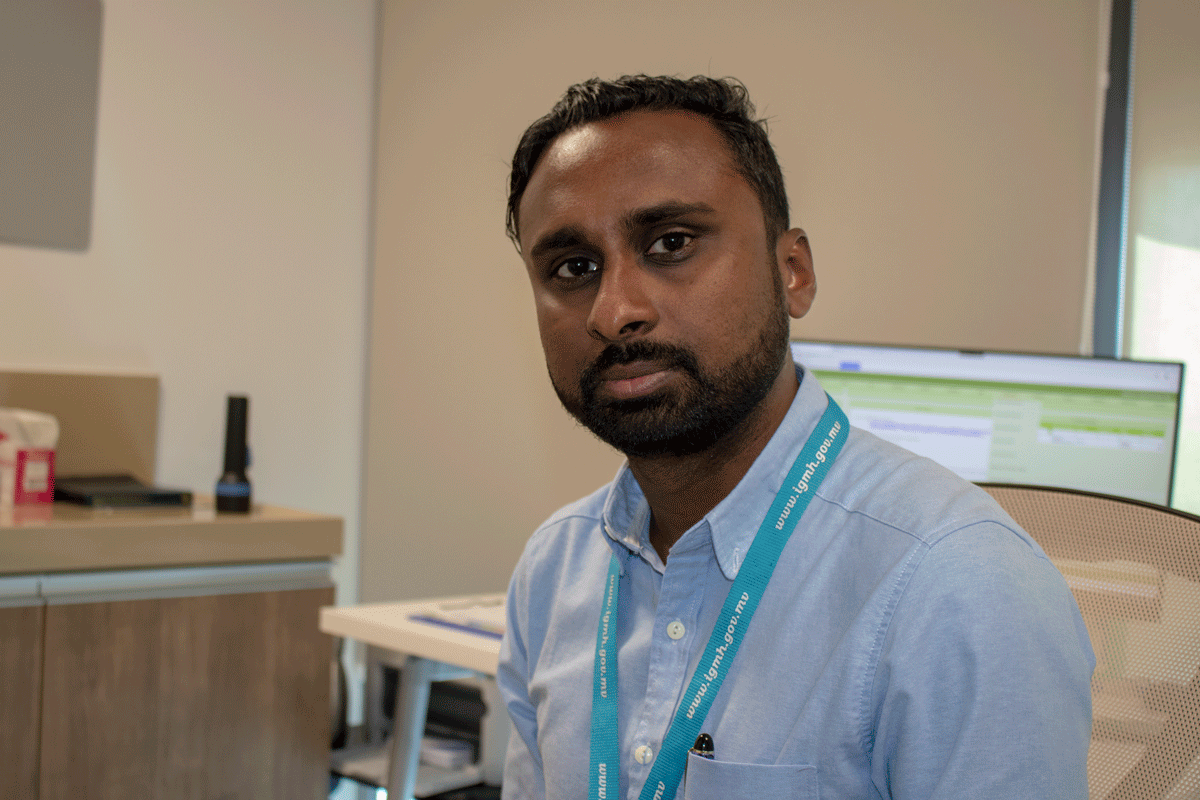
What made you want to pursue this career?
Initially, I wanted to specialized in surgery, as it was something I loved to do. After completing my MBBS degree, I worked in the Emergency Room (ER) at IGMH. I got the chance to experience a lot of cases, witness how specialists work in the Maldives, and involve myself in different areas of Medicine. In my opinion, this is important for every doctor.
For specialization, I got a scholarship opportunity to train in Nepal. With the advice and opinion from my peers, and because ophthalmologists were few in the country, I decided to pursue ophthalmology.
A lot of Maldivian doctors studied in Nepal. Furthermore, the university I got the opportunity to join- Tilganga Institute of Ophthalmology, NAMS, is one of the best in the region. Doctors that study here receive a lot of hands-on experience. Hence, I wanted to make the best use of my opportunity.
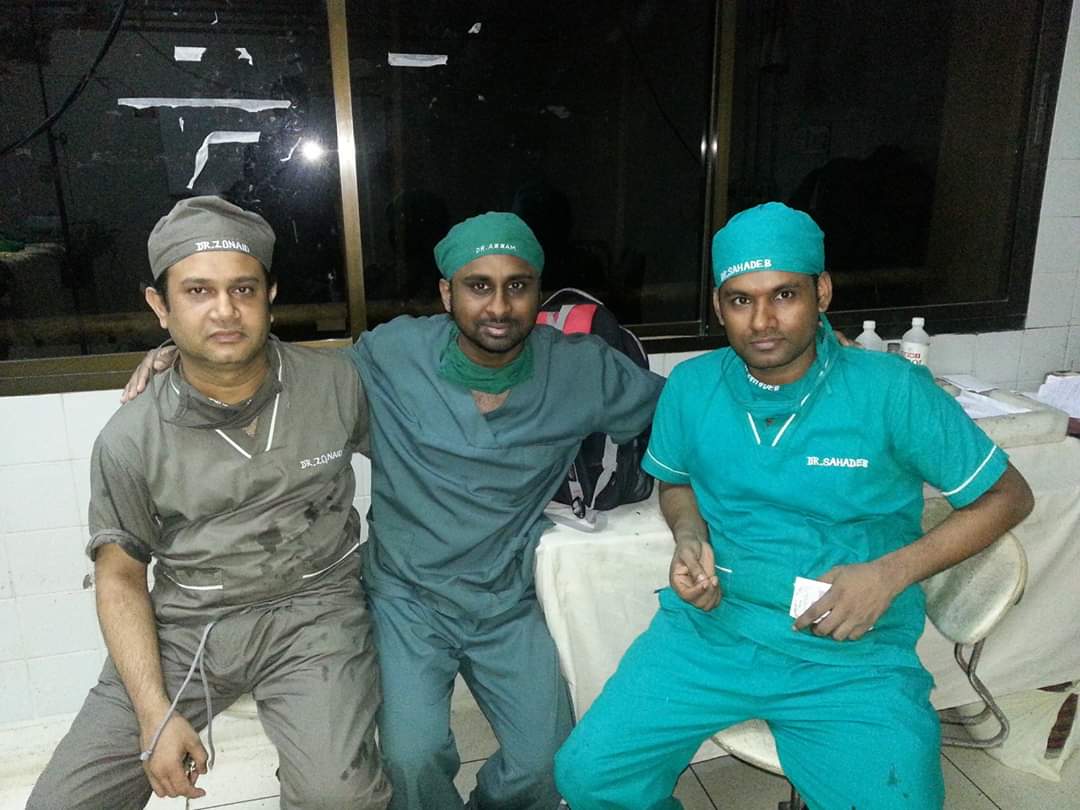
A research conducted in America showed that Ophthalmology had some of the happiest doctors compared to other specialties. What is your experience?
In my experience, my work life happiness is average. The reason for this is not because of my specialty, but the work life that exists in the Maldives. Working here is challenging.
IGMH is currently the only tertiary referral center in the country. As a result, we face a lot of cases and treat a large number of patients every day. This is because an adequate number of staff and equipment are not available in the periphery (islands). In my opinion, the hospital has not been running at the most efficient level.
Generally, every day is spent doing a lot of hard work. However, compared to my peers in other specialties, our work load is a bit less. This is because in our field, life threatening cases are rare and we have more specific cases.
What are the most common illnesses you notice in our community?
In elderly people, age related cataract and glaucoma are common illness. In middle age and teenagers, I notice refractive errors.
In addition, because of the flu season, there has been an increase in conjunctivitis as well.
In the case of glaucoma, the most common type is chronic (long-term) glaucoma, where the patient loses vision gradually. Many people do not know about this illness; hence, awareness needs to be created for a start. Patients realize that they have the disease only at a later stage.
The second type of glaucoma is acute (short-term). Sudden pain and loss of vision. Most of the time, when the pain is relieved, the patient forgets to consult the doctor and prolongs it. They often visit the doctor when it becomes too late.
Regular eye check-ups are important. People that wear glasses should not only be getting a prescription for their eyeglasses every time they visit the hospital/clinic. Instead, the eye must be fully examined by a doctor to identify any diseases that might be present.
In my opinion, a healthy person must do an eye check-up every 2 years. Someone that wears glasses must do an eye check-up once a year. And, if a person has been diagnosed with a disease, they must follow the doctor’s advice on the frequency of eye check-ups.
Moreover, trauma and emergency cases are common as well. Some of them include, being hit by a ball, a fish hook getting caught in the eye or chemical spilling into the eye.
If something goes in your eye, the best thing to do is to consult a doctor without attempting to remove it yourself. Sometimes, in the process of removing the object, the contents in the eye also come out. In such cases, a doctor cannot do much. However, if the patient comes to the doctor as soon as possible, the doctor can remove it through surgery in the least damaging way to the eye.
What was your most memorable case/patient?
I had an elderly patient who was around 70 years old. She had lost her vision due to senile cataracts, which is treatable.
During our consultation, I advised her to go for surgery. And after a successful surgery, she regained her vision. The most memorable moment was when she saw her husband’s face after 20 years, and I cannot describe the emotions on her face at that moment. She hugged me and thanked me, because she was finally able to see her family after so many years.
As a result of such cases, I too experience a lot of happiness as a doctor.
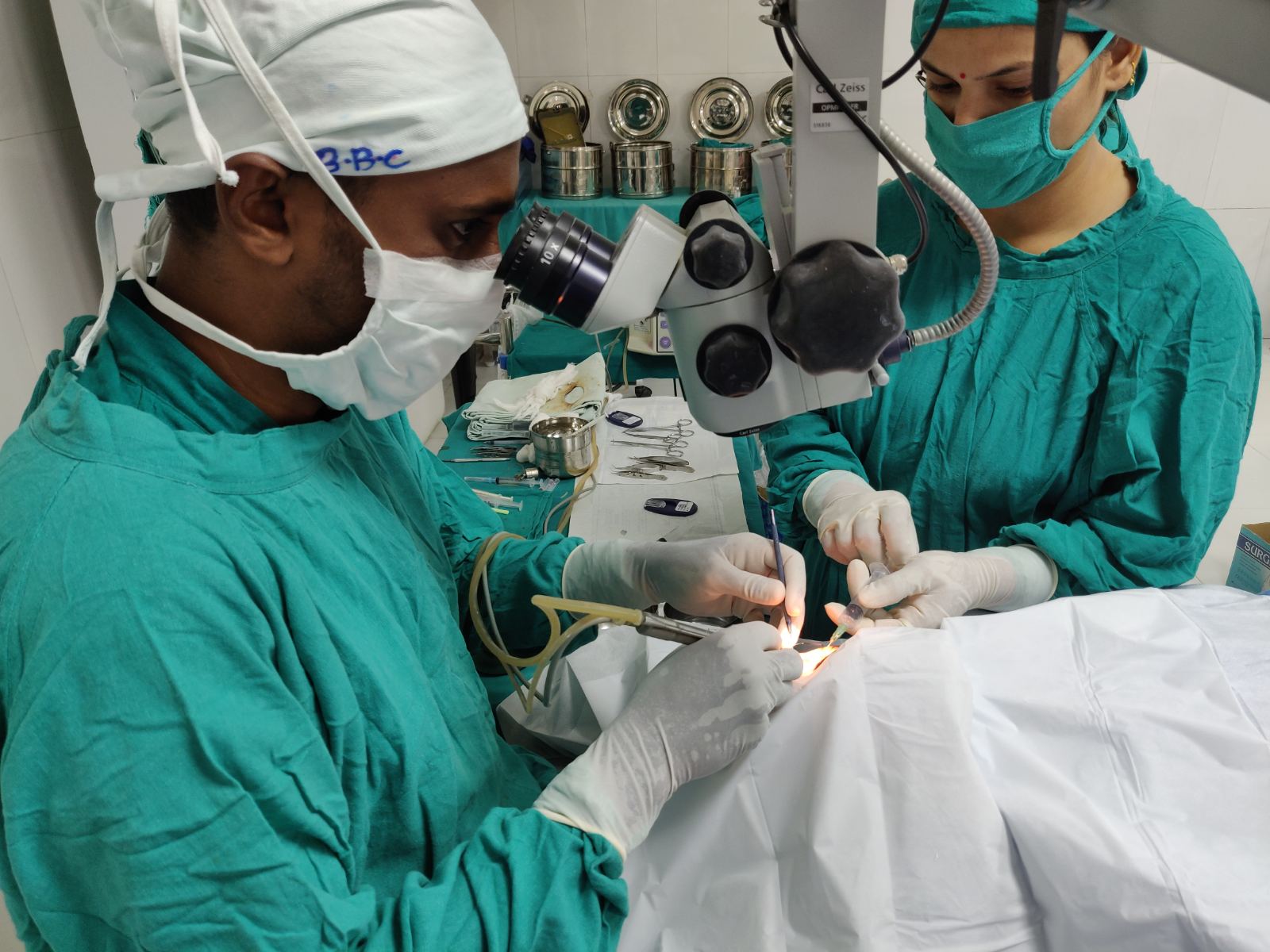
Maldives has a sunny climate. Does the eye face any damage’s due to the sun’s UV rays?
In an environment such as in the Maldives, the main causes of eye damage are dust and sunlight. Due to these factors, lots of people face dryness, growth of pterygium and develop cataracts.
To avoid such cases, we must use eye drops or lubricating tears regularly, and use UV protection sunglasses.
Furthermore, when performing outdoor activities, (for example fishing) protective glasses are important.
Eye cancer and carcinomas which are common in foreign countries, are rarely seen in our community.
Are there any treatments in the field of Ophthalmology that are not available in the Maldives?
There are several treatments that are not available, and we have to refer many patients abroad.
However, Maldives has the potential to provide these treatments. We need well-trained staff and the necessary equipment. Without these, we cannot give treatment. Doctors alone cannot do it, and we need good planning and the support from a lot of people.
For example, retina surgeries are not available currently. Patients with a detached retina require surgery immediately. Yet, since we have to refer these patients abroad, the Aasandha process and other arrangements cost the patient days without surgery. Hence, it is vital to have such treatments available here.
As I mentioned before, we have the necessary people to give these treatments, but we need further training and the equipment.
In your opinion, what can be done to improve the healthcare industry of the Maldives?
In the field of ophthalmology, regional and atoll hospitals need to establish the necessary means to treat illnesses. Especially in emergency cases, where the patient can receive treatment in their island rather than travelling to Male’. For this, we need a doctor, trained nurses and assistants, and the equipment.
The first thing we need to do is raise awareness. We also try to do our part as doctors by conducting screening sessions and information sessions. In return, the community should do their part by learning about the diseases, and by supporting the sessions that are being conducted.
In the Maldives, the field of Ophthalmology is neglected. There have been no researches or studies done on the common illnesses that are present in our community. However, these researches are crucial to identify what we need to do to improve this field.
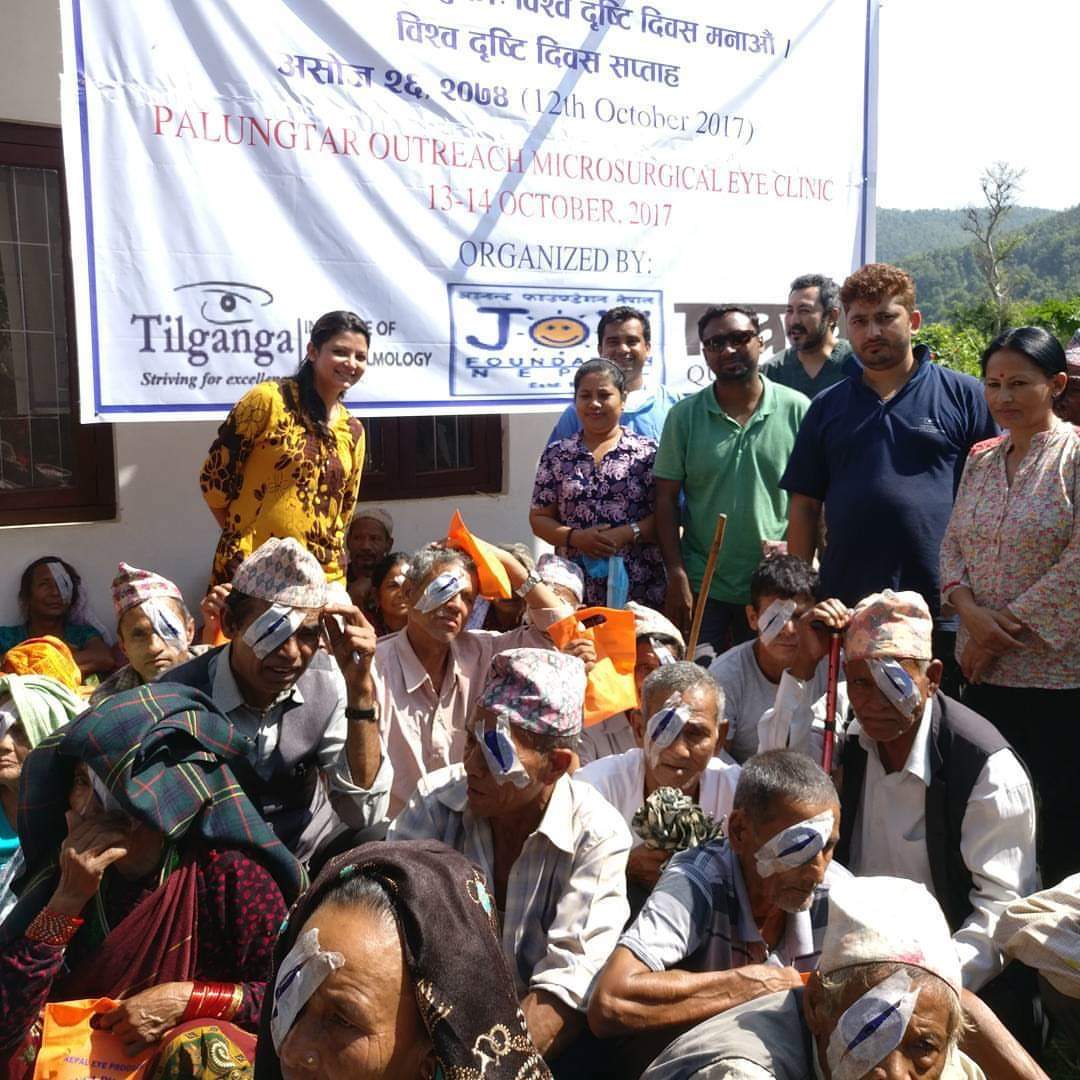
Do you have a piece of advice for a student interested in the field of Ophthalmology?
In my opinion, compared to other specialties, this field brings a lot more happiness to the doctor. After surgery, when we take the blindfold off and the patient regains his/her vision, we feel excited and happy at the same time.
Even so, a doctor’s job also comes with hardships. However, I believe that a student that goes into a medicine is someone that can handle whatever difficulties that occur at the job.
Also, in my opinion, after completing the MBBS degree, working in the Maldives, either rotations or walking in the department of your interest can benefit a doctor immensely.
For me, working in the emergency department after MBBS meant that I gained a lot of experience and training. I also gained skills in surgery, which helped me when I went for my Master’s program in Nepal.

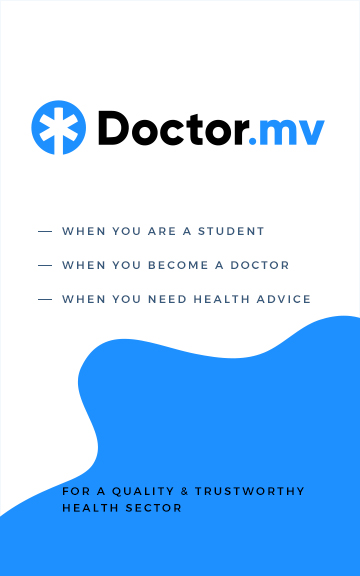
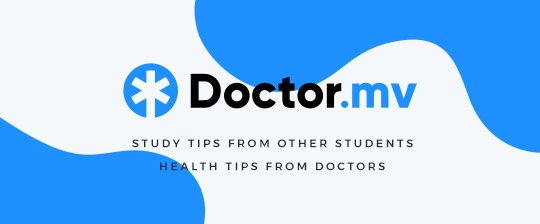
Leave a comment
0 Comments